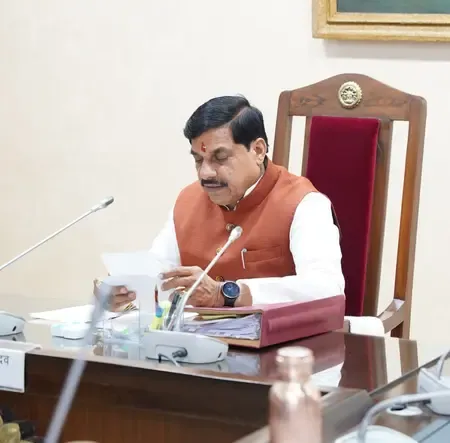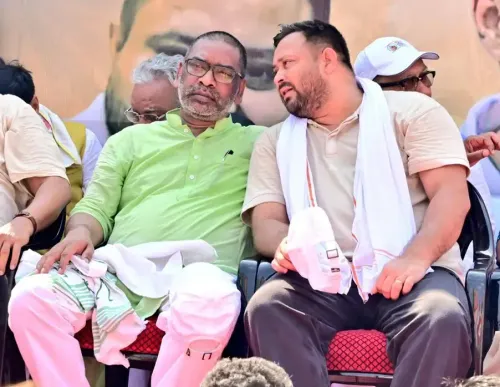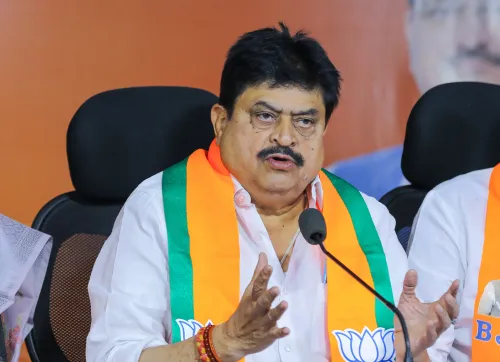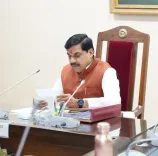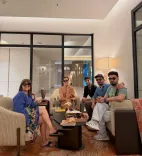Will 150 New E-Buses Transform the DTC Fleet This Month?
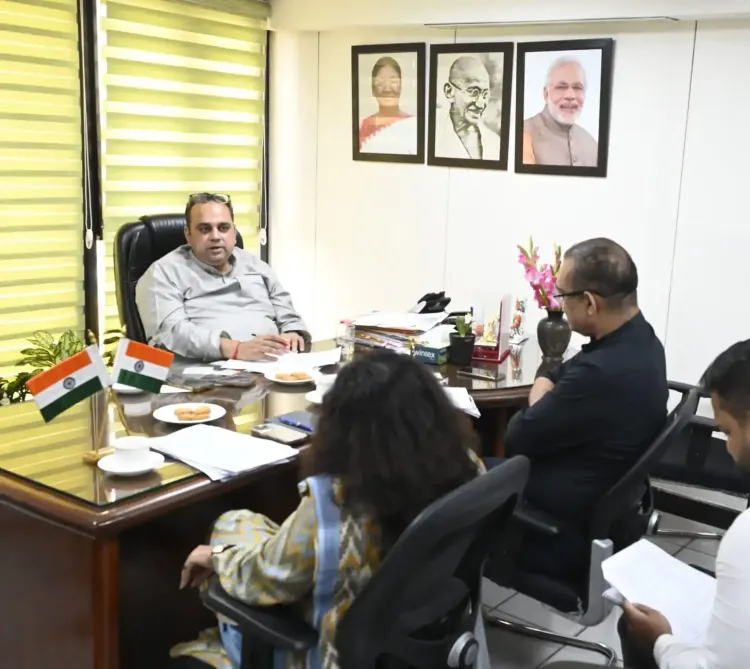
Synopsis
Key Takeaways
- 150 new DEVI electric buses will be added to the DTC fleet.
- The total electric bus count is expected to surpass 5,000 by year-end.
- 109 bus routes are being rationalised in collaboration with IIT Delhi.
- Advertising space is identified to boost revenue significantly.
- The new parking system will enhance operational efficiency.
New Delhi, June 20 (NationPress) Delhi Transport Minister Pankaj Kumar Singh revealed on Friday that this month will see the addition of 150 new DEVI electric buses to the DTC fleet, coinciding with recommendations from IIT-Delhi for the rationalisation of 109 bus routes.
With the incorporation of these 150 DEVI buses, the total count of electric buses within DTC is expected to exceed 5,000 by year’s end.
The mid-size, eco-friendly DEVI (Delhi Electric Vehicle Interconnector) buses have garnered an enthusiastic response from the public, according to Singh.
“In regions where these buses operate, residents are no longer dependent on costly autos or private taxis. The affordable fares of DEVI buses are enabling commuters to save money while enjoying a more comfortable journey,” stated the Minister.
Highlighting the importance of route rationalisation, the Transport Minister mentioned that 109 routes have been confirmed by DTC in partnership with IIT Delhi.
“The aim of the route rationalisation initiative is to boost bus frequency, enhance connectivity, and elevate commuter convenience. Once implemented, current routes will be reorganised to ensure smoother, more efficient travel, encouraging greater public use of DTC services,” he noted.
Singh announced that soon, DTC buses will be permitted to park at any nearby DTC depot after completing their designated routes. This new protocol aims to lower operating costs and improve passenger convenience.
“Currently, each bus route is assigned to a specific depot, requiring buses to return to their designated locations at the end of each trip,” he added.
The Transport Minister also stressed the importance of increasing DTC’s revenue through advertisements and achieving financial independence for the corporation.
He instructed officials to investigate innovative revenue models, asserting that the government aims to convert DTC into a financially sound and revenue-positive institution within a year.
Officials informed the Minister that approximately 55,000 square feet of advertising space—spanning from bus depots to the buses themselves—has already been earmarked for revenue generation, which is anticipated to significantly enhance DTC’s income.


